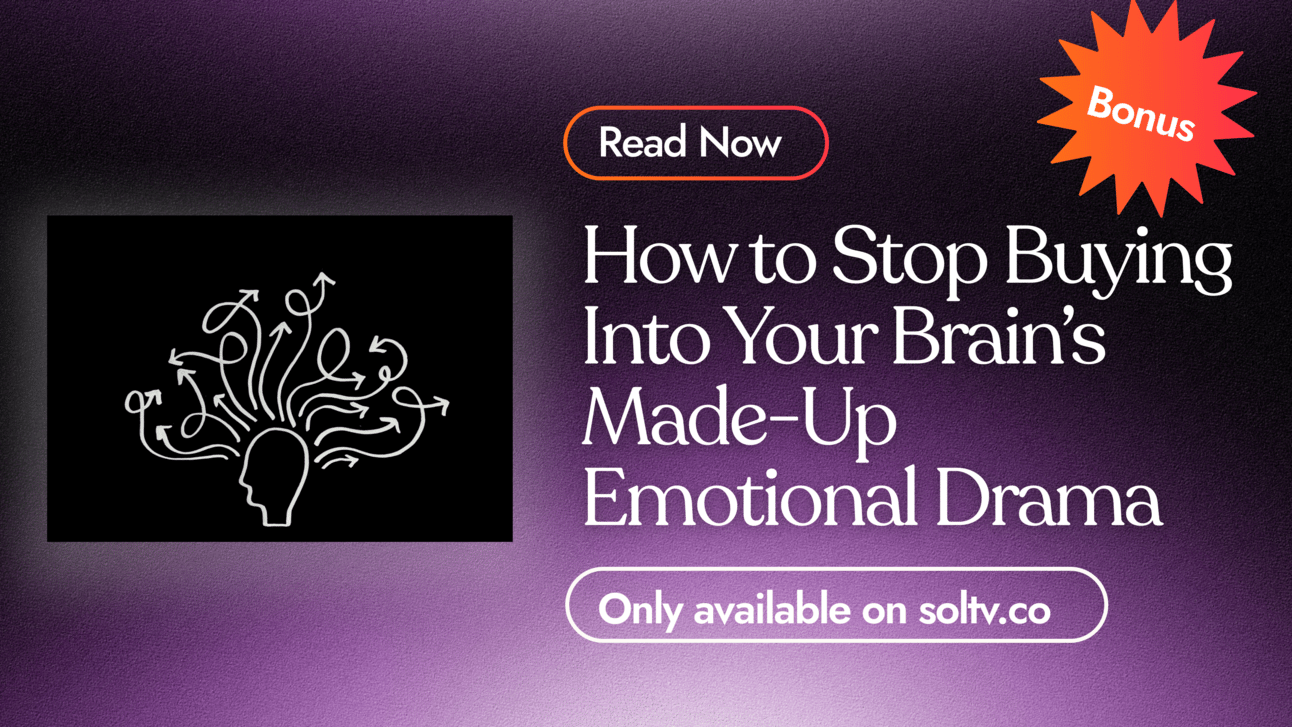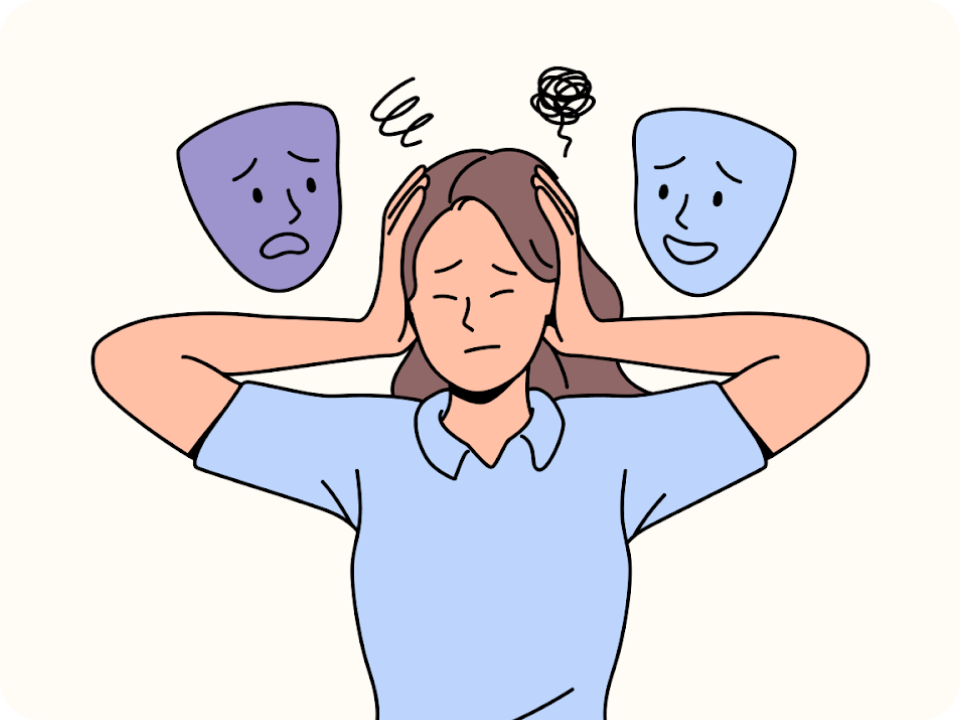🔎 TL/DR
💭 Your Stories Should Be Good
🦋 What is Cognitive Mediation?
🍎 Sol Bites: Steps to Overcome Negative Thinking
🦉 Words of Wisdom
Welcome to Wisdom & Sol and to the 821 people who have joined us since last week! If you haven’t subscribed, join our community of 55,463 intelligent, curious folks who want to boost their emotional well-being by subscribing here.
Today, we’re diving into cognitive mediation, the idea that your thoughts—not the external world—shape how you feel. Let’s explore this psychological gem and how you can use it to stay cool, calm, and collected.
TL;DR
Your emotions don’t come from events—they come from how you think about them, a concept also known as cognitive mediation. It’s rooted in Richard Lazarus’ 1970s research, and the premise can be a game-changer for your emotional health. A vague email or a canceled plan doesn’t cause stress or anger; your interpretation of the event does. By noticing and shifting your inner stories (like negative self-talk or unrealistic expectations) you can take control of the way you react.
Your Stories Should Be Good
Picture this: Your boss sends a vague email that says, “We need to talk.” If you instantly panic, it’s not the email’s fault—it’s the story you’re spinning about what it means.
This is cognitive mediation.
Whether you have stress from overthinking, frustration from dwelling on slights, or insecurity from harsh self-talk, your mental narrative is the real driver or whatever it’s driving.
Why care about this? Because owning your thoughts means you hold the reins to your emotions. It’s a ticket to feeling empowered, not stuck, no matter what life throws your way.
You’re the storyteller—so make your stories good ones.
What is Cognitive Mediation?
Cognitive mediation says events (like a canceled plan or a tough convo) don’t directly cause emotions. (e.g., disappointment or anxiety) It’s your interpretation of those events that sparks the feeling. For example:
A friend bailing on dinner doesn’t make you mad; thinking “They’re so flaky” does.
A missed deadline doesn’t make you feel worthless; believing “I always mess up” does.
The three big thought traps that shape your reactions are:
Self-Talk: This is your inner monologue, and might result in overanalyzing or beat yourself up.
Expectations: How you use “should” or “if-only” thoughts, such as “They should appreciate me.”
Beliefs: Deeply held convictions, like “I’m not cut out for success.”
By spotting and shifting these often invisible habits, you can change your emotional experience and handle life’s challenges like a pro.
Sol Bites: Steps to Overcome Negative Thinking
Ready to rewrite your emotional script? Here’s how to use cognitive mediation to level up:
Log Your Triggers: For a week, note moments that spark strong emotions (e.g., stress when your group chat goes silent). A journal or phone app works great.
Find the Patterns: Look for recurring triggers. Maybe it’s feedback at work or family drama that consistently gets under your skin.
Uncover the Story: When you’re triggered, ask, “What’s the story I’m telling myself?” For example, if your friend doesn’t text back, are you thinking, “They’re ignoring me”?
Question the Narrative: Check if your story holds up. Is it accurate? Helpful? (Maybe the person is just busy.) Could you frame the experience differently?
Reframe or Let Go: Try a new story (“They’ll reply when they can”) or skip the storytelling altogether. Practice this shift in real-time.
Start small: Pick one emotion (like stress) and focus on catching the thoughts behind it. With practice, you’ll get better at steering your mindset.
Cognitive mediation is your secret weapon to getting emotional freedom. It’s not about dodging life’s challenges but choosing stories that lift you up instead of dragging you down. Next time your boss’s email spikes your stress or a friend’s lateness stings, pause, check your narrative, and decide how you want to change the script.
You’ve got the power to be a storyteller who thrives. So, what story are you choosing today?
Your emotions don’t control you—your brain creates them, and you can shape the narrative.
Words of Wisdom
You have power over your mind—not outside events. Realize this, and you will find strength.
Help us make this newsletter even better for you! Was this issue useful? What would you be excited to read about next? Reply to this email with your thoughts and suggestions. We read every response!
Want More: Tools to Regulate Emotions
This Edition’s Sponsor: 1440 Media
Fact-based news without bias awaits. Make 1440 your choice today.
Overwhelmed by biased news? Cut through the clutter and get straight facts with your daily 1440 digest. From politics to sports, join millions who start their day informed.
Along the Same Lines…
We love you,
Mona & The Sol TV Team ❤️
Lastly, some housekeeping…
If you can't find this newsletter, check your spam folder. If it’s there, mark it as “not spam.”
Whitelist our email. Add our email address [email protected] to your contact list or your Primary inbox in Gmail.



